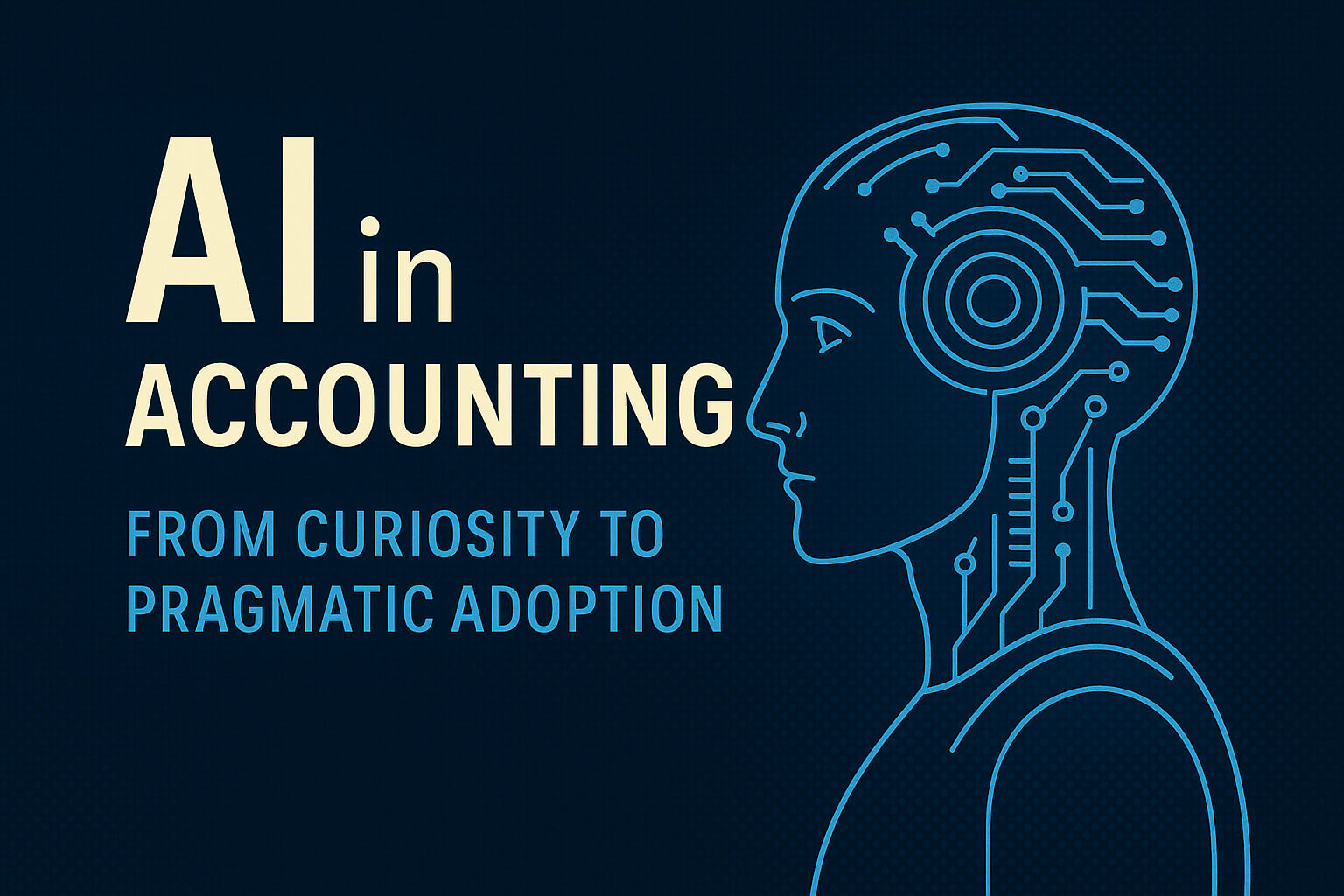Over the past year, I’ve had countless conversations with accounting firm leaders about AI. Recently, those conversations have shifted — in tone, in urgency, and in depth.
A year ago, many discussions started with “What is AI going to mean for our industry?” Now, the question has evolved to: “We’re already experimenting — how do we make this work reliably at scale?”
In other words, nobody needs convincing anymore that AI will be a key driver of innovation in accounting. The firms I’m talking to are past the theory stage. They’ve run experiments. Some have invested in substantial proofs of concept to see if AI can streamline processes, improve efficiency, and uncover insights in ways humans can’t.
The results? Mixed — and that’s perfectly fine.
New technology almost always goes through this stage: bursts of excitement, uneven results, and a gradual refinement of where it delivers the most value. The difference in accounting is that we’re working in a domain where certainty and predictability aren’t just nice-to-haves — they’re foundational.
The Secret CFO put it well in a recent post: Even if a model is 99.99% accurate, it can’t be a black box. In finance, the “why” matters just as much as the “what.” If we can’t validate an AI-generated number or conclusion, it’s a non-starter for serious adoption.
This is the core challenge — and the opportunity. The firms that figure out how to combine AI’s pattern recognition and speed with rigorous validation will be the ones that unlock its full potential.
That’s progress. The conversation has already shifted from “if” AI will matter in accounting to “how” we integrate it in a way that respects the industry’s standards. We’re moving from hype toward practical frameworks — and in an industry built on trust, that’s exactly where we need to be.



